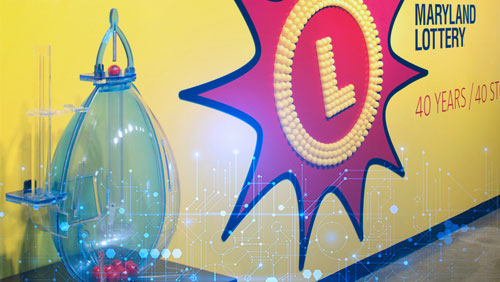In the battle for Maryland’s lottery central system, technical criteria outweighs the cost.
 The Maryland State Lottery and Gaming Control Agency has found itself with its back against the wall as it defends its decision to pick the most expensive of three contract proposals for a new lottery central system.
The Maryland State Lottery and Gaming Control Agency has found itself with its back against the wall as it defends its decision to pick the most expensive of three contract proposals for a new lottery central system.
In awarding the controversial lottery contract to gaming technology provider Scientific Games Inc. (SGI), Maryland Lottery Director Gordon Medenica pointed out that the technical criteria of the $262 million contract over eight years trumps than the high cost differences when compared to overall lottery sales.
He explained that SGI received the top ranking by a lottery committee on “technical” criteria that includes the data center, hardware, software, communications, field service, operations, marketing, game support and more.
“Of course, ‘technical’ criteria is vastly more important than ‘financial,’” Medenica wrote in the Sept. 22 email, which was obtained by the Associated Press. “The price difference between the high and the low bids was about $5 million per year, or 0.26 percent of our annual sales. The difference between SGI and IGT was half that, about $2.5 million per year, or 0.13 percent of our sales.”
Medenica went on to clarify to that they are not launching an internet lottery sales program.
“We have made it clear, many times, that we will not even consider launching an iLottery product without the agreement and cooperation of our retailers, as well as enabling legislation,” Medenica wrote in a follow-up email to the news wire agency.
He also refuted the claims of the losing bidders that the state lottery have “inflated” the contract cost to avoid BPW scrutiny, noting that the lottery presented a “not-to-exceed” price in order to fully disclose all the possible expenditures under the contract.
Last week, Gaming Innovations LLC and IGT Global Solutions have put a big question mark on the regularity of the $263 million Maryland lottery computer network contract bidding after the state agency favored an incumbent vendor.
IGT was the first to raise hell over the tainted bidding process as it accused the agency of irregularly attempting to run up the contract’s long-term value in an attempt to minimize future oversight by the state Board of Public Works.
Meanwhile, Gaming Innovations joined IGT’s protest, attacking lottery agency for showing “undeniable bias” against awarding the contract to a minority business enterprise. It claimed that the agency refused to give the joint venture credit for the experience of its two members, which together run the D.C. Lottery.